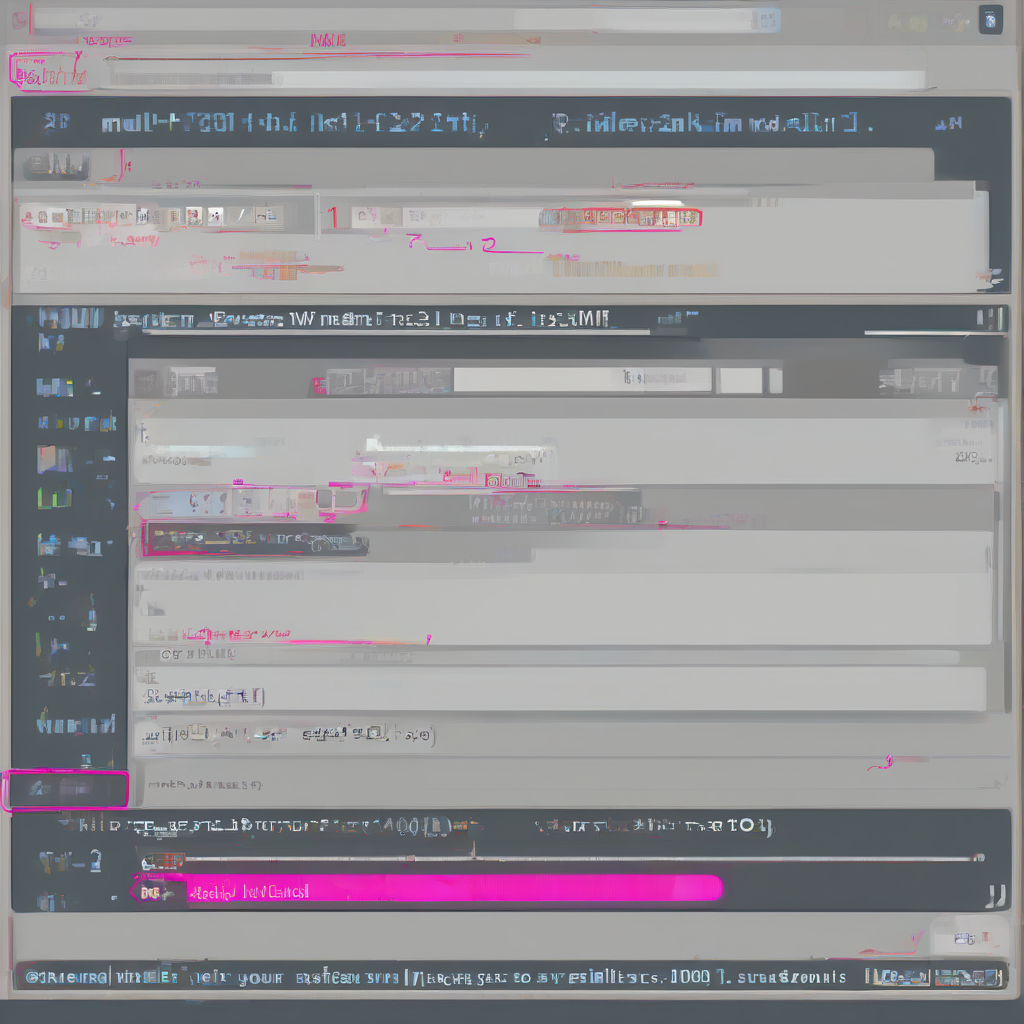Best Debt Reduction Programs: A Comprehensive Guide to Getting Out of Debt
Feeling overwhelmed by debt? You’re not alone. Millions of Americans are struggling to manage their finances, and debt can be a major source of stress and anxiety. But there is hope! With the right strategy and resources, you can overcome debt and achieve financial freedom.
This comprehensive guide will explore the best debt reduction programs available, helping you understand the options and choose the right approach for your individual situation. We’ll cover everything from debt consolidation loans and balance transfers to debt management plans and credit counseling services.
Types of Debt Reduction Programs
There are several different types of debt reduction programs available, each with its own pros and cons. Let’s take a closer look at the most popular options:
-
Debt Consolidation Loans
A debt consolidation loan is a single loan that you use to pay off multiple debts, such as credit cards, personal loans, or medical bills. The goal is to simplify your payments by combining them into one monthly installment. However, it’s important to note that you might end up paying more in interest over time, especially if the loan has a higher interest rate than your original debts.
-
Balance Transfers
A balance transfer is a type of credit card offer that allows you to move the balance from a high-interest credit card to a new card with a lower interest rate. This can be a great way to save money on interest charges, but it’s crucial to consider the balance transfer fee and the introductory period before the higher interest rate kicks in.
-
Debt Management Plans
A debt management plan (DMP) is a program offered by a credit counseling agency that helps you negotiate lower interest rates and monthly payments with your creditors. You typically make one monthly payment to the agency, which then distributes it to your creditors. DMPs can be a good option if you’re struggling to make your minimum payments and are at risk of defaulting on your debt.
-
Credit Counseling Services
Credit counseling services provide personalized guidance and support to help you manage your debt and improve your credit score. They offer budgeting advice, debt reduction strategies, and assistance with negotiating with creditors. Credit counseling services can be a valuable resource for those who need help developing a plan to get out of debt.
-
Debt Settlement
Debt settlement is a process where you work with a third-party company to negotiate with your creditors to reduce the amount of debt you owe. This option can be risky, as it can negatively impact your credit score and may not be legal in all states. It’s essential to carefully research and choose a reputable debt settlement company.
-
Debt Relief Programs
Debt relief programs are designed to help people in serious financial distress. These programs typically involve bankruptcy or other legal options that can discharge or reduce your debt. However, they can have significant consequences, such as damage to your credit score and the potential loss of assets.
Factors to Consider When Choosing a Debt Reduction Program
The best debt reduction program for you will depend on several factors, including:
-
Your debt amount and types
-
Your income and expenses
-
Your credit score
-
Your financial goals
-
Your willingness to make sacrifices
Choosing the Right Debt Reduction Program
Once you’ve considered the factors above, you can start narrowing down your options. Here’s a step-by-step guide to help you choose the right program:
-
Assess Your Debt
-
Explore Your Options
-
Get Professional Advice
-
Compare Programs and Costs
-
Make a Decision
Tips for Success with Debt Reduction Programs
Once you’ve chosen a debt reduction program, here are some tips to help you succeed:
-
Stick to Your Budget
-
Make Payments on Time
-
Avoid Taking on New Debt
-
Stay Motivated
-
Celebrate Your Progress
Conclusion
Getting out of debt can be a challenging journey, but it’s not impossible. By understanding your options and taking the right steps, you can break free from the burden of debt and achieve financial freedom. Remember, seeking help from qualified professionals like credit counselors or financial advisors can significantly improve your chances of success.




